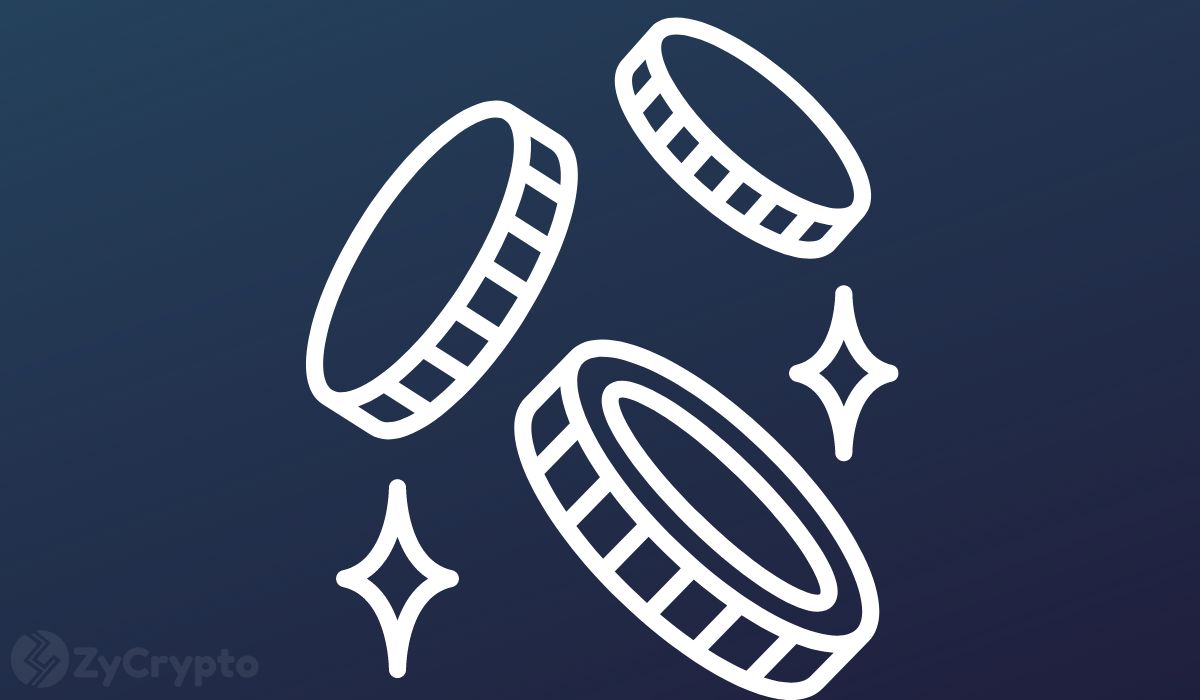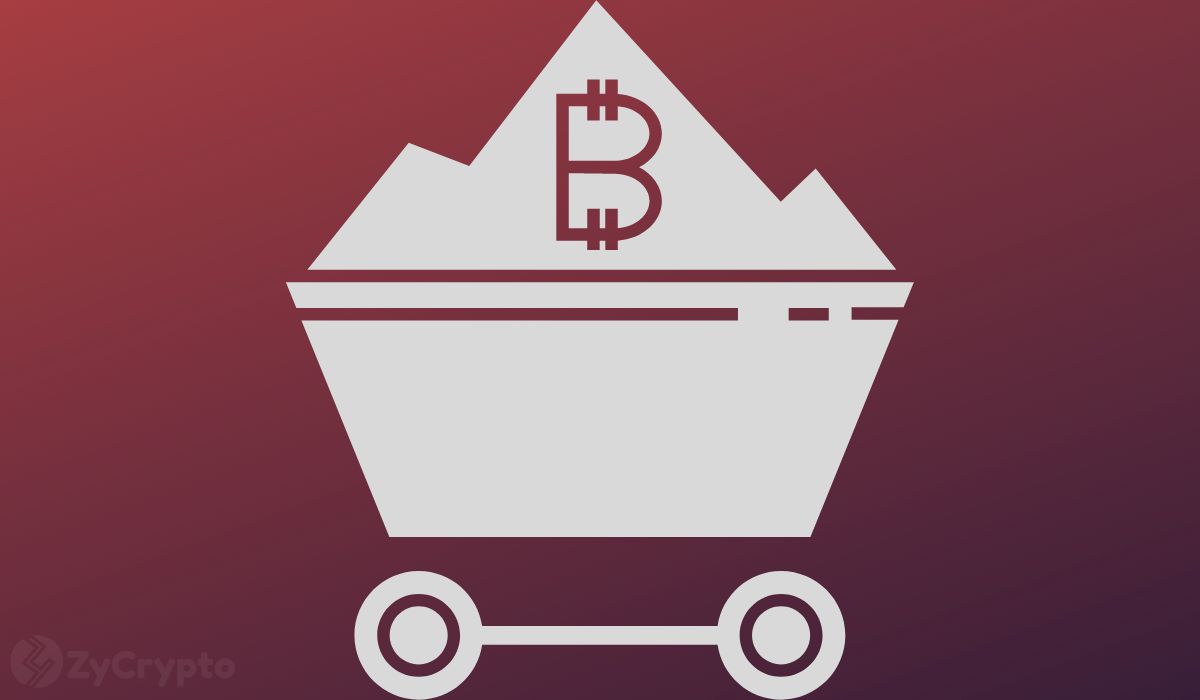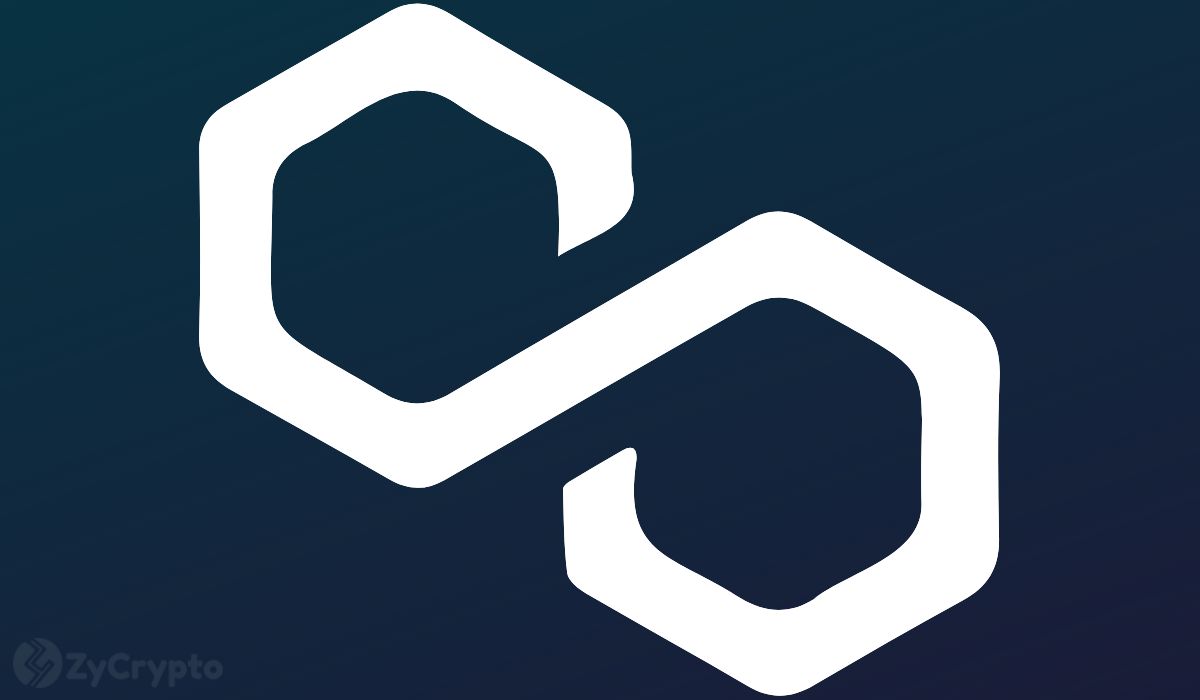The rise of multi-chain technology is one of the most significant changes in the DeFi ecosystem today.
As more assets, NFTs, and liquidity move across multiple blockchains, traders, investors, and developers need wallets that can bridge the divide.
In 2025, multi-chain wallets are essential for navigating DeFi applications, accessing liquidity, and ensuring cross-chain interoperability. Among these, Trust Wallet has emerged as a leading player, providing seamless access to Ethereum, Solana, BNB ($897.26) Chain, Polygon, and more.
Here’s why multi-chain wallets are dominating the DeFi landscape in 2025 and how Trust Wallet fits into the broader crypto ecosystem.
1. The Multi-Chain Revolution: Why It Matters
The demand for multi-chain wallets surged as the DeFi ecosystem diversified beyond Ethereum.
While Ethereum remains the foundation for DeFi, networks like Polygon, Solana, Avalanche, and BNB Chain have stepped up, each offering unique advantages such as lower fees, faster transactions, and specialized ecosystems.
In 2025, bridging assets and accessing decentralized finance across these chains has become the new normal — a far cry from the days of relying solely on Ethereum-based DeFi apps.
Key Advantages of Multi-Chain Access:
- Diverse opportunities across yield farming, staking, and lending platforms.
- Liquidity maximization by accessing different blockchain ecosystems.
- Lower gas fees by using optimized blockchains like Polygon and Solana for transactions.
2. Trust Wallet: A Gateway to the Multi-Chain DeFi World
Trust Wallet leads the charge in simplifying access to cross-chain assets and liquidity sources.
As one of the most versatile mobile wallets, Trust Wallet supports over 100 blockchains, from Bitcoin and Ethereum to Solana, BNB Chain, and newer chains like zkSync and Base.
Why Trust Wallet Dominates in 2025:
- Seamless multi-chain swaps within the app using in-built DEX aggregation.
- Staking directly from the wallet for tokens across multiple blockchains.
- Cross-chain bridges that allow users to send tokens from one blockchain to another with minimal fees and friction.
- Native support for decentralized exchanges (DEXs) across multiple ecosystems.
Example Use Cases:
- Bridging between Solana and Ethereum: Move assets seamlessly between Solana and Ethereum to access the best yield farming opportunities.
- Liquidity pooling across chains: Use Trust Wallet to manage LP tokens on Polygon, Avalanche, and Ethereum with full control over your assets.
3. Bridging Assets and Liquidity Across Chains
The ability to easily move assets between chains has become crucial in 2025.
Trust Wallet integrates with decentralized cross-chain bridges like Binance Bridge, Wormhole, and LayerZero, allowing users to send tokens from one blockchain to another — whether it’s from Ethereum to Polygon or BNB Chain to Solana.
For DeFi users, this is a game-changer. Liquidity fragmentation has long been a barrier to efficient DeFi trading. With multi-chain wallets, you can access liquidity across chains without needing to switch between wallets or platforms.
Read Also: Trust Wallet vs. MetaMask: Which Is Better for Mobile Traders in 2025?
4. Multi-Chain Wallets Enable Seamless DeFi Access
A multi-chain wallet acts as a one-stop portal for all your DeFi interactions:
- DeFi Lending: Access Aave on Ethereum, Celsius on Solana, and Compound on Polygon without leaving your wallet.
- Yield Farming: Jump between Fantom, Arbitrum, and BNB Chain for the best rewards.
- Cross-Chain NFT ($0.00) Minting: Mint and trade NFTs across networks like Ethereum, Tezos, and Polygon without switching wallets.
Trust Wallet enables you to use a single wallet to interact with any blockchain’s DeFi platforms, making it easier to track and manage assets across multiple chains.
5. Security Considerations in the Multi-Chain World
As multi-chain wallets rise, security must evolve with them.
Trust Wallet employs a number of security features to ensure the safety of cross-chain transactions, including:
- Encrypted local storage of private keys.
- Biometric authentication for easy and secure access.
- Phishing detection and real-time alerts for malicious sites and DApps.
- Smart contract simulation to preview cross-chain transactions before approval.
Despite these protections, users must still practice caution when bridging assets and interacting with lesser-known projects. Always verify contract addresses and perform due diligence on new protocols.
6. The Future: Cross-Chain Liquidity Pools and DeFi 2.0
Looking ahead, multi-chain wallets will be key to the development of DeFi 2.0, where liquidity and yield generation flow seamlessly across blockchains.
As decentralized protocols evolve, they will leverage cross-chain liquidity pools, enabling users to earn returns from any asset on any chain.
Imagine earning rewards from Ethereum, Avalanche, and BNB Chain assets simultaneously, all managed within the same wallet — without the need to interact with multiple platforms.
Future Trends:
- Layer-2 scalability solutions that integrate with multi-chain wallets for faster and cheaper transactions.
- DeFi cross-chain lending protocols that pool assets from multiple blockchains for a more unified user experience.
- AI-driven smart routing that identifies the best liquidity pools across chains for maximum yield.
7. Why Multi-Chain Wallets Are Here to Stay
In 2025, multi-chain wallets are no longer a niche — they’re a necessity for anyone engaging with DeFi, NFTs, and cross-chain protocols.
As blockchains continue to evolve, users demand greater interoperability. Multi-chain wallets like Trust Wallet are leading the way by giving users complete control over assets across diverse ecosystems.
In a world where DeFi innovation is constantly emerging, having the right wallet can make all the difference in optimizing returns, saving on fees, and ensuring a smooth experience across chains.
Conclusion
Trust Wallet is a powerhouse in the multi-chain wallet ecosystem — providing users with access to a wide variety of assets across Ethereum, Polygon, Solana, and more.
Whether you’re farming, bridging, or staking, Trust Wallet is the perfect companion to navigate the cross-chain DeFi world in 2025.
For DeFi traders, NFT collectors, and crypto investors, adopting a multi-chain wallet is crucial for staying ahead in the rapidly evolving digital asset landscape.
FAQs
1. What makes multi-chain wallets important in DeFi?
They enable users to access and manage assets across multiple blockchains from a single wallet, thereby streamlining cross-chain DeFi trading and farming.
2. Is Trust Wallet the best multi-chain wallet for DeFi?
Trust Wallet excels in accessibility and broad blockchain support, making it one of the top choices for DeFi users across ecosystems.
3. How does Trust Wallet handle cross-chain swaps?
Trust Wallet integrates with cross-chain bridges to allow seamless transfers and liquidity access between different blockchains.
4. Can I use Trust Wallet for staking DeFi tokens across chains?
Yes, Trust Wallet supports staking for tokens across various blockchains, including Ethereum, Solana, and BNB Chain.
5. What are the risks of using multi-chain wallets?
While multi-chain wallets offer convenience, users must be cautious of phishing attacks, scams, and potential vulnerabilities when bridging assets across chains.
The post Why Multi-Chain Wallets Are Dominating the 2025 DeFi Landscape appeared first on FXcrypto News.























 24h Most Popular
24h Most Popular






 Utilities
Utilities